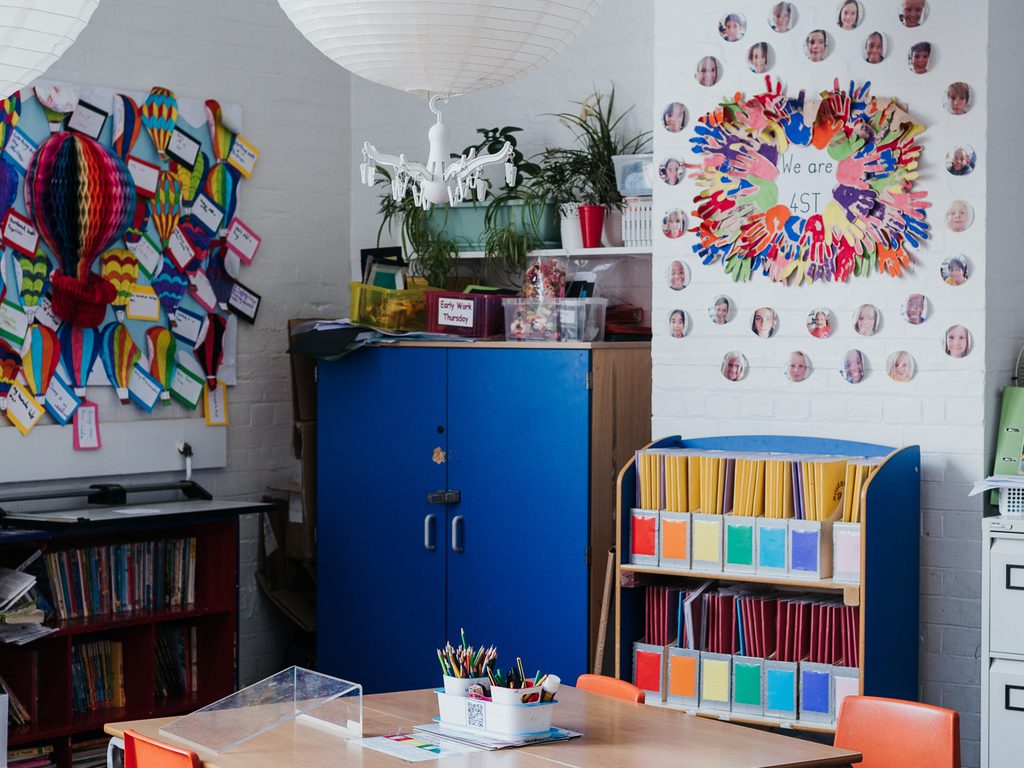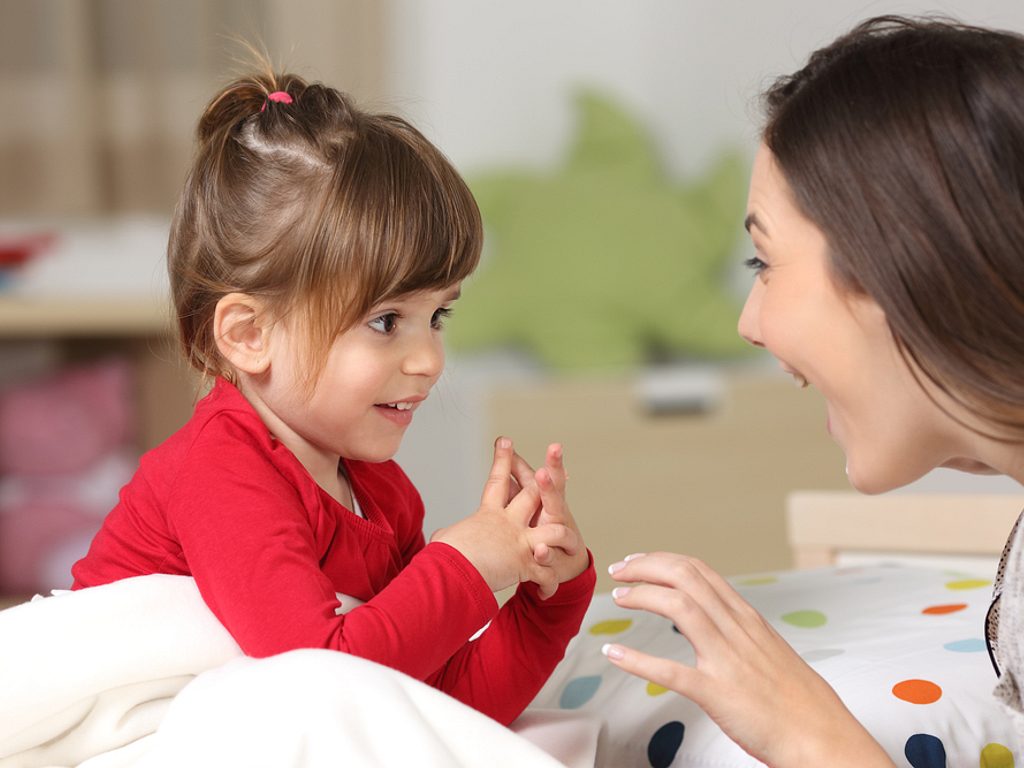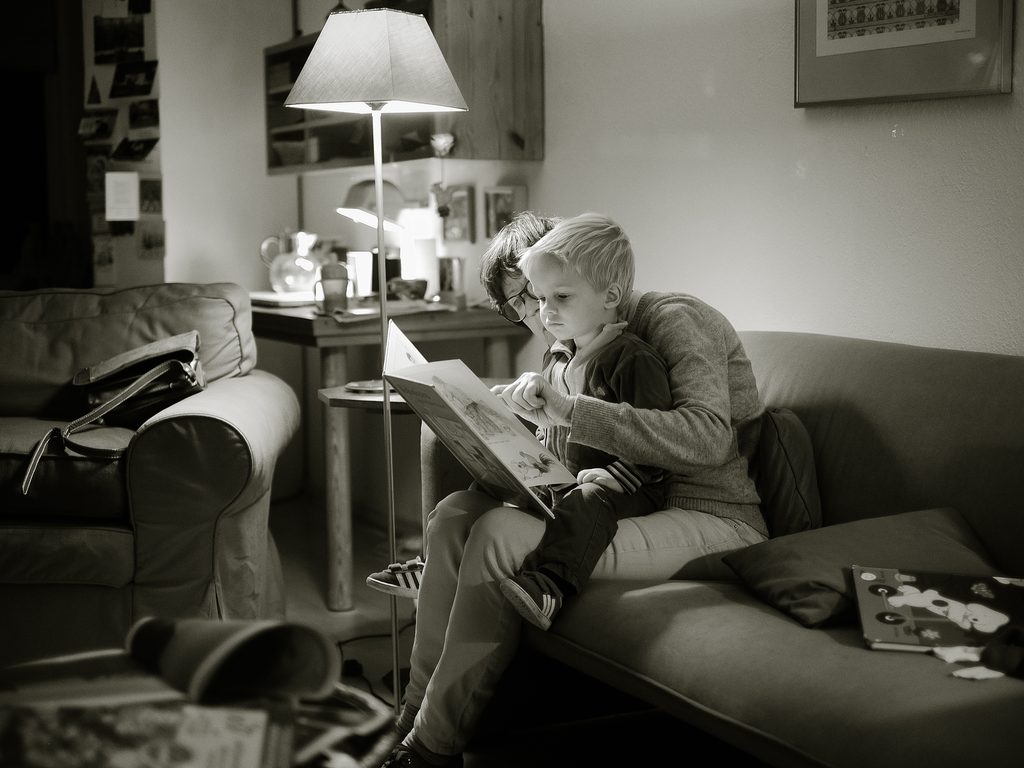The Covid-19 crisis has seen schools having to respond rapidly to a host of new challenges. To help support home learning and maximise the impact of work set, the EEF has produced some initial planning and reflection tools, below. We intend to draw upon the expertise of schools, further developing resources that can help everyone bounce back when schools do re-open.
Metacognitive strategies will be particularly important for your pupils if you can’t be with them in the classroom. This framework can help schools create learning sequences while conducting home learning. Adapted from the EEF guidance report, Metacognition and Self-regulated Learning.
Clear tips for communicating with parents in accessing and supporting home learning, distilled from the evidence on parental engagement in EEF guidance reports and our Teaching and Learning Toolkit.
Questions for senior leaders to reflect on when schools set home learning to ensure the needs of disadvantaged pupils are taken into account – built on evidence from five EEF Guidance Reports.
Both prior to and throughout partial school closures, schools have been providing practical strategies for home, tailoring their communications to have most impact and reach and offering more sustained support where needed. These three case studies offer a window into schools that have been testing out approaches inspired by the recommendations in the guidance report:
- St. Mary’s Catholic Academy, in Blackpool, focus on how they made use of the evidence to improve communication with parents and carers in their school community.
- The case study from Churchill Academy and Sixth Form, in North Somerset, outlines how staff sought out parental feedback to ensure that Covid-related communications were purposeful and helpful to families required to isolate.
- The Blue School, in Wells, explain how they tailored support offered to parents and carers to the specific needs of families in their school community.
These EEF case studies can be shared with senior leadership teams, governors, and teaching staff as part of each school’s drive to engage with evidence and assess how best to implement the right strategies for their students.
Practical tips, including suggested text messages and emails schools can send to promote shared reading, home learning routines, and maths at home.
The Covid-19 crisis has meant that schools are having to maintain communications with parents and families in very challenges circumstances. Here are some EEF resources to help schools communicate with parents/carers, as well as resources schools can share with families to support home routines and valuable learning opportunities, such as shared reading.
7 top tips to support reading at home is also available in the following languages: Bengali, Lithuanian, Polish, Punjabi and Urdu.
Easy ways you can make reading a part of every day. Adapted from the EEF guidance report, Preparing for Literacy.
The Helping Home Learning: Talk with TRUST simple infographic is also available in the following languages: Bengali, Lithuanian, Polish, Punjabi and Urdu. You can access the translations here.
Tools to help your child think and talk about the world around them. Adapted from the EEF guidance report, Preparing for Literacy and exemplified in our resources for students in the early years and Key Stage 1.

Blog
Blog: Four tips for a smooth home learning routine


Blog
Blog: What learning should we be promoting for home during school closures?


Blog
Blog: Help with home learning – Talk with TRUST


Blog
Blog: Supporting parents to undertake brilliant book talk


Blog
Blog: Supporting the learning of mathematics at home


Guidance Reports
Metacognition and Self-regulated Learning

Guidance Reports
Preparing for Literacy

Evidence and resources